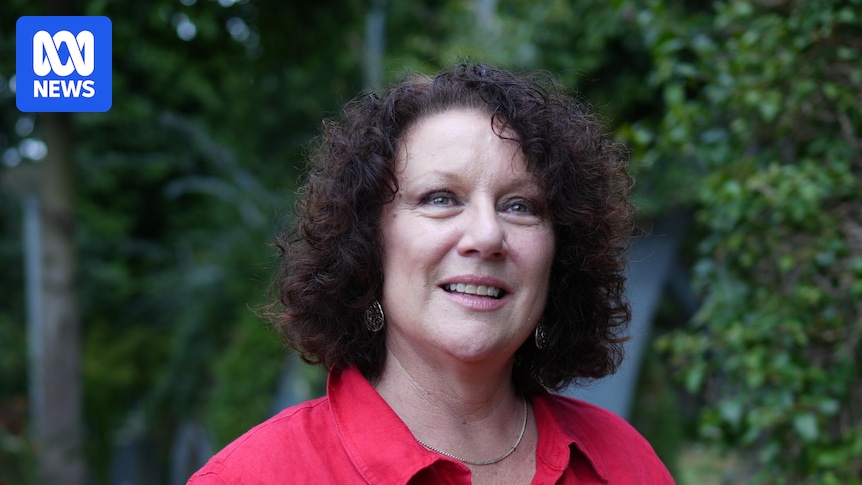
In June 2023, Kathleen Folbigg was unexpectedly summoned to the prison governor’s office. Serving a 30-year sentence for the alleged murder of her four children, she anticipated bad news. Instead, she was informed of her pardon and imminent release, a moment she described as “shocking and stunning.” After 20 years behind bars, Folbigg was finally free, thanks to a combination of scientific breakthroughs, advocacy, and the unwavering support of friends.
Kathleen’s ordeal began in the late 1990s when her four children tragically passed away. Initially deemed natural deaths, suspicion arose after the death of her fourth child, leading to her arrest in 2001. The subsequent trial, heavily influenced by her grief-stricken diary entries, resulted in a guilty verdict. Isolated and vilified, Kathleen faced immense public and media scrutiny, with few believing in her innocence.
The Power of Science and Advocacy
The turning point in Kathleen’s case came with the advent of new genetic research. In 2018, a team led by geneticist Professor Carola Vinuesa discovered a rare cardiac genetic mutation in Kathleen and two of her children. This evidence, coupled with a petition from 158 scientists, prompted a second inquiry into her convictions. The inquiry concluded with a pardon, recognizing the genetic factors that likely contributed to her children’s deaths.
Tracy Chapman, Kathleen’s childhood friend, played a pivotal role in this journey. Despite years of separation, Tracy reached out to Kathleen in prison, rekindling their friendship and spearheading efforts for a case review. Her advocacy, alongside scientific evidence, was instrumental in securing Kathleen’s freedom.
Life Behind Bars
During her incarceration, Kathleen faced numerous challenges. Branded as Australia’s “worst serial child killer,” she endured isolation and hostility from fellow inmates. To survive, she developed a tough persona, often resorting to verbal confrontations to deter threats. Despite these adversities, Kathleen found solace in a Salvation Army couple who supported her throughout the trial.
Kathleen’s coping mechanisms, developed during a tumultuous childhood in foster care, helped her navigate the emotional turmoil of prison life. Her ability to detach emotionally was often misunderstood as unfeeling, yet it was essential for her survival.
Adjusting to Freedom
Since her release, Kathleen has been on a journey of rediscovery. Embracing the digital age, she humorously navigates automated systems and relishes simple pleasures like driving and grocery shopping. However, the transition has not been without challenges. Kathleen grapples with anxiety in social settings and remains cautious around children, a lingering effect of her wrongful conviction.
Despite these hurdles, Kathleen cherishes her newfound freedom. She has reconnected with her past, sharing cherished memories of her children with Tracy and family. Her story, now a published book, serves as a testament to resilience and the power of friendship and science.
The Road Ahead
With her name cleared, Kathleen looks forward to a hopeful future. She is supported by a partner and continues to share her story through a national press tour. Her journey underscores the importance of scientific advancements and advocacy in the justice system. Kathleen’s case highlights the potential for wrongful convictions and the need for continual review and reform.
As Kathleen embraces her new life, she remains grateful for Tracy’s unwavering support. Their friendship, tested by time and adversity, stands as a powerful symbol of loyalty and perseverance. Together, they celebrate a hard-won victory, looking forward to a future unburdened by past injustices.
For those interested in hearing more about Kathleen’s story, her full interview with Tracy Chapman is available on the Conversations podcast via the ABC listen app.







